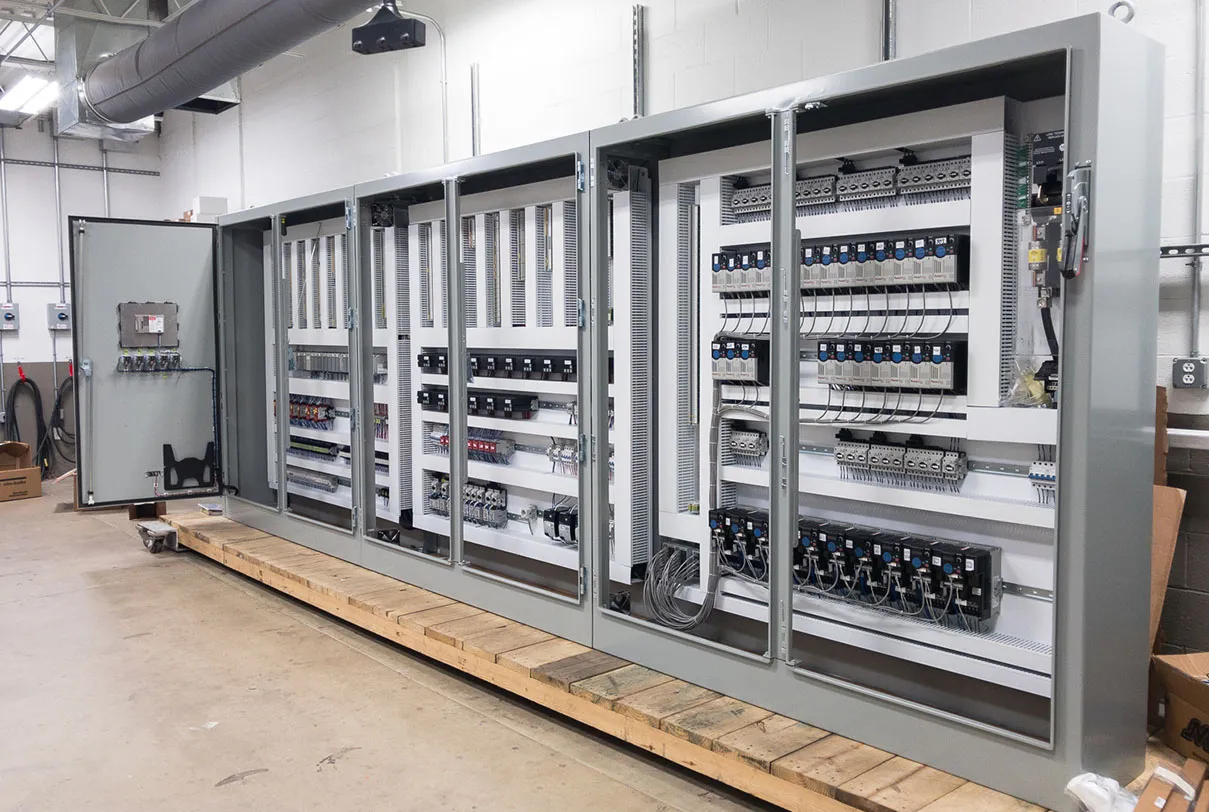
NBR15572 present the standardization of the use of windows in thermography in Brazil.
10.3.2 In the case of powered panels that cannot be opened for safety or operational reasons, it is recommended to install infrared windows with proper positioning. According to our own experience, with numerous surveys carried out in the field, 35% of electrical assets – including high voltage cubicles and panels, motor / generator and transformer connection boxes, are not inspected, and 100% of motors and transformers are not inspected by thermography.
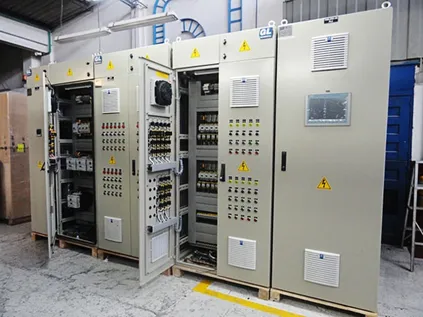
A motor control center (MCC) is an assembly to control some or all electric motors in a central location. It consists of multiple enclosed sections having a common power bus and with each section containing a combination starter, which in turn consists of motor starter, fuses or circuit breaker, and power disconnect. A motor control center can also include push buttons, indicator lights, variable-frequency drives, programmable logic controllers, and metering equipment. It may be combined with the electrical service entrance for the building.
MCC’s are typically found in large commercial or industrial buildings where there are many electric motors that need to be controlled from a central location, such as a mechanical room or electrical room.
NBR15572 present the standardization of the use of windows in thermography in Brazil.
10.3.2 In the case of powered panels that cannot be opened for safety or operational reasons, it is recommended to install infrared windows with proper positioning. According to our own experience, with numerous surveys carried out in the field, 35% of electrical assets – including high voltage cubicles and panels, motor / generator and transformer connection boxes, are not inspected, and 100% of motors and transformers are not inspected. are inspected by thermography.
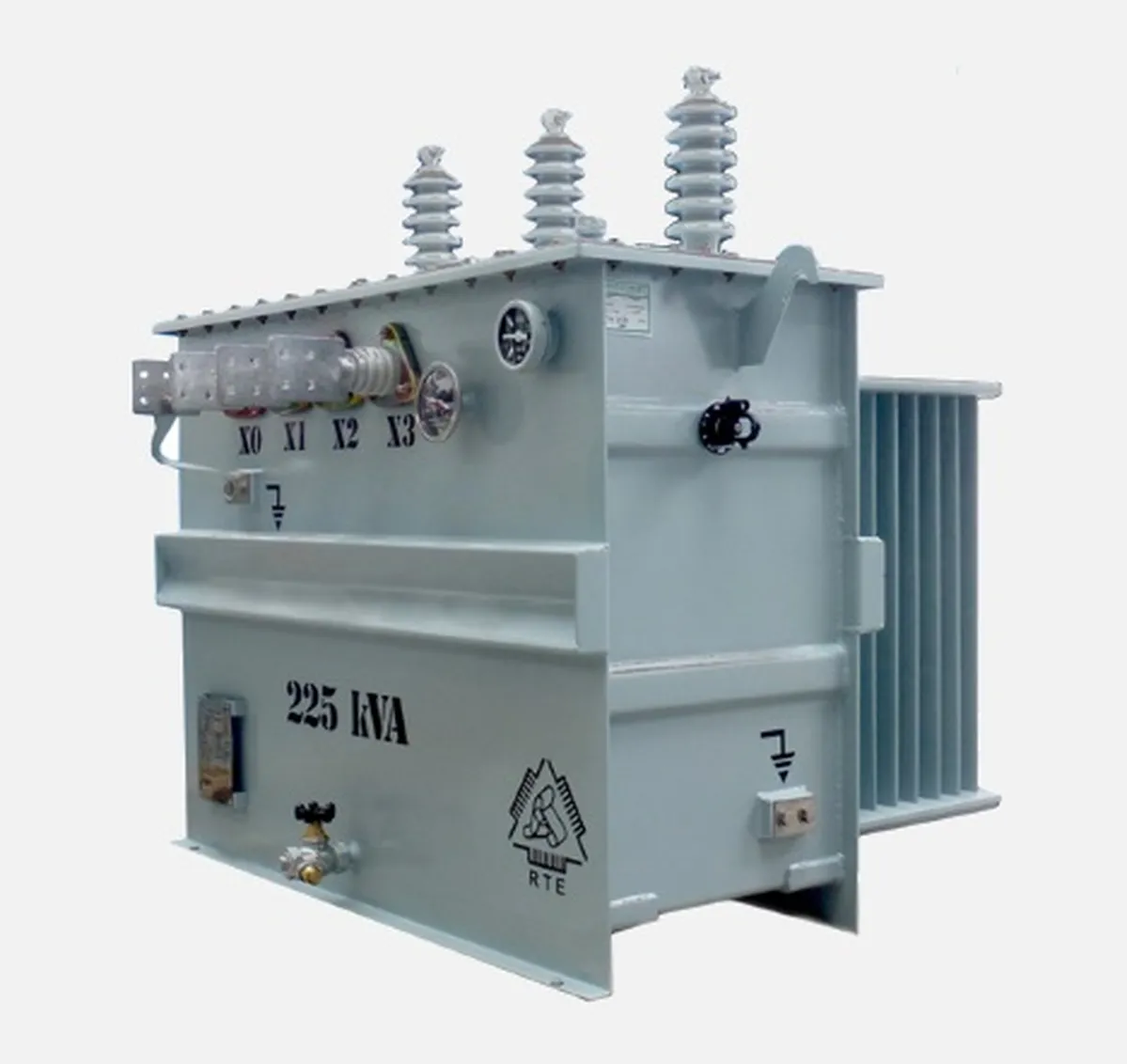
The following figure shows an example of the installation of a thermographic inspection window in an oil transformer, as can be seen, depending on the size of the box, one to three thermographic windows are required for the primary and secondary transformers.
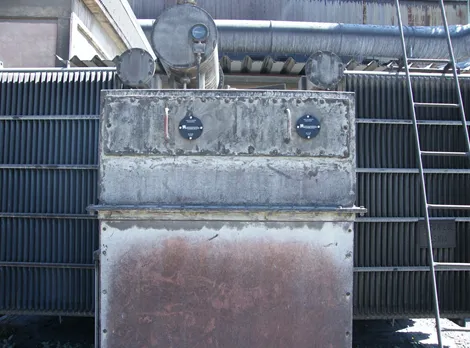
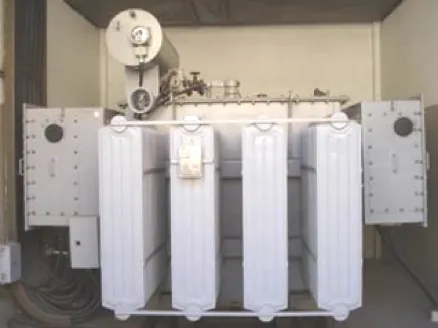
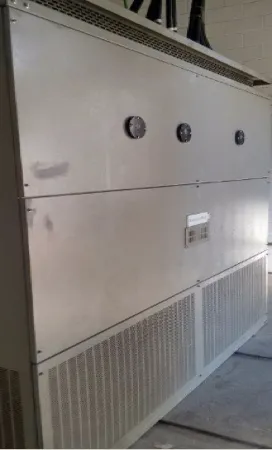
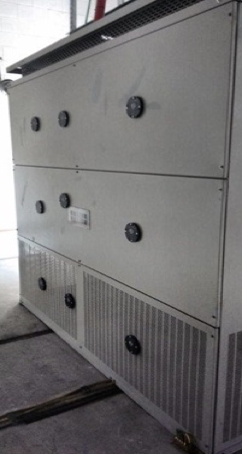
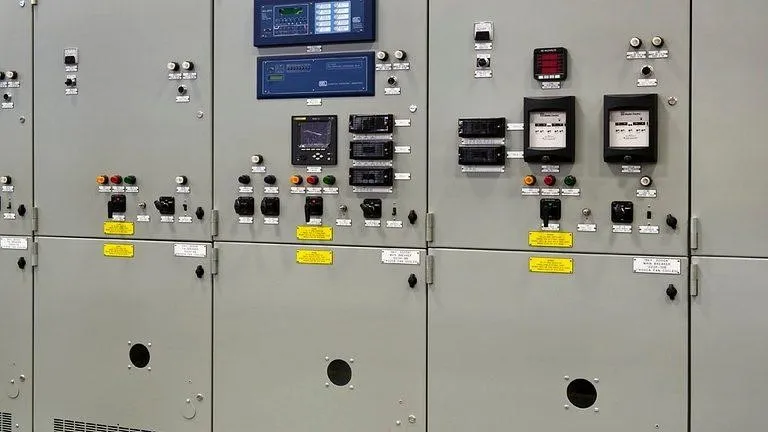
A switchgear is composed of electrical disconnect switches, fuses or circuit breakers used to control, protect and isolate electrical equipment. Switchgear is used both to de-energize equipment to allow work to be done and to clear faults downstream. This type of equipment is directly linked to the reliability of the electricity supply.
The earliest central power stations used simple open knife switches, mounted on insulating panels of marble or asbestos. Power levels and voltages rapidly escalated, making opening manually operated switches too dangerous for anything other than isolation of a de-energized circuit.
Typically, switchgear in substations is located on both the high- and low-voltage sides of large power transformers. The switchgear on the low-voltage side of the transformers may be located in a building, with medium-voltage circuit breakers for distribution circuits, along with metering, control, and protection equipment.
Electrical switchgear become an important system that play an critical role in operating the electrical power system safely with high reliability.
Failures of switchgear during operations can cause severe failures and damages in transformers, and other electrical assets connected to the same electrical circuit, impacting the operation, unplanned outages, and also impacting on cost and resources.

JIT Brasil was a pioneer in Brazil in the application of Windows in connection boxes for electric motors/generators and transformers of any power and voltage level. The windows can safely be applied to any power and supply voltage. Thermographic inspection windows are low cost and do not require any specialist to assemble them.
The following photos show some examples of electrical motors with installed windows.

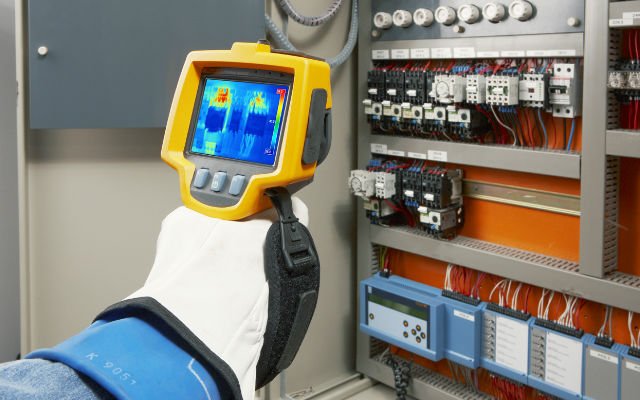
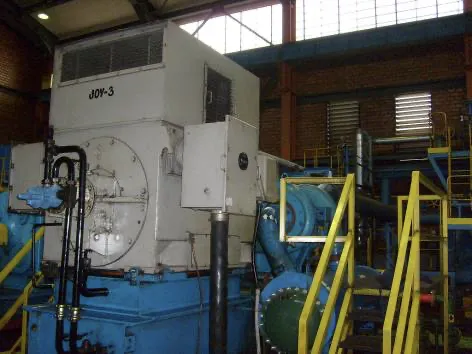


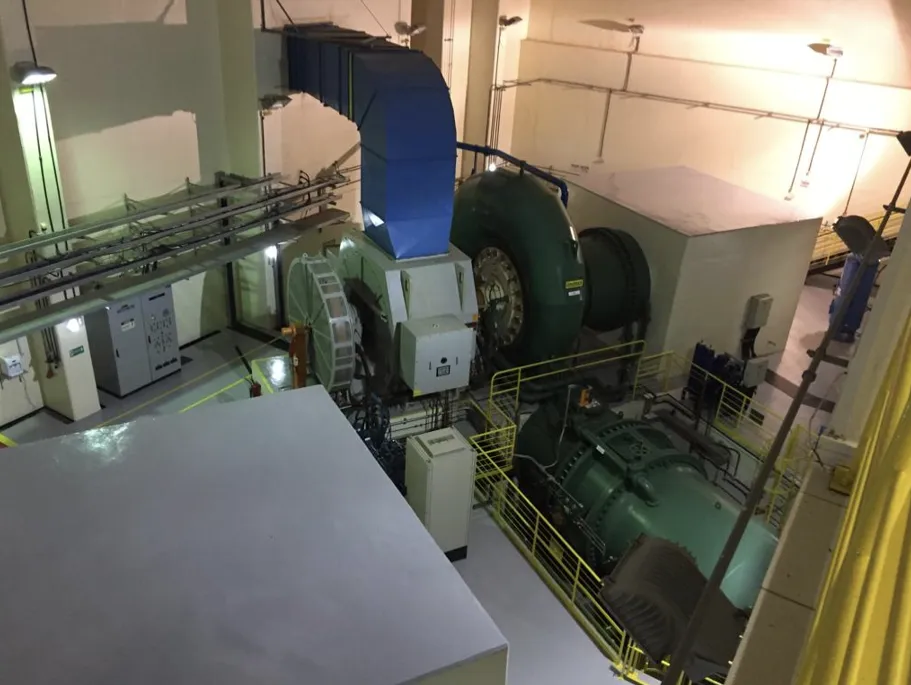


The Master Distributor of JIT Brazil, for The USA, Canada, Mexico and Centro America.
© Copyright Developed by Estrategias y Mas